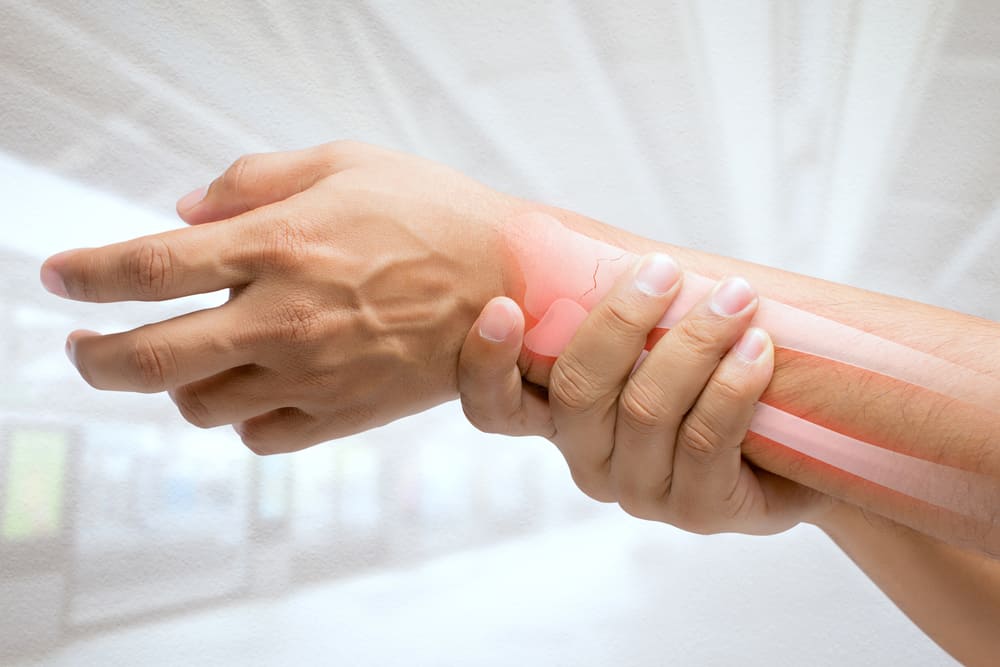Rapid Response & Stabilisation
Fractures, or broken bones, require immediate medical attention to prevent complications and ensure proper healing. Emergency fracture management focuses on stabilising the injury, minimising pain, and preventing further damage before definitive treatment is provided.
Prompt diagnosis and the right approach to initial care are crucial in preventing complications such as improper bone healing, nerve damage, or infection (in open fractures).
Common Types of Fractures Requiring Emergency Care
- Open (Compound) Fracture – The bone pierces through the skin, increasing infection risk.
- Closed (Simple) Fracture – The bone is broken but does not break the skin.
- Comminuted Fracture – The bone shatters into multiple pieces.
- Displaced Fracture – The bone fragments are misaligned and require repositioning.
- Greenstick Fracture – A partial break, common in children due to flexible bones.
- Stress Fracture – Small cracks in the bone due to repetitive stress or overuse.
Signs & Symptoms of a Fracture
- Intense pain and tenderness at the injury site
- Swelling, bruising, or open wounds
- Visible deformity or misalignment
- Inability to move or bear weight on the affected limb
- A cracking or popping sound at the time of injury
Immediate First Aid for Fractures
- Immobilisation – Use a splint or brace to prevent movement.
- Apply Ice – Reduces swelling and pain.
- Elevate the Injured Limb – Helps minimise swelling.
- Control Bleeding (If Open Fracture) – Cover the wound with a clean dressing and apply gentle pressure.
- Seek Emergency Medical Attention – Do not attempt to realign the bone.
Diagnosis & Emergency Treatment
- Physical Examination – Assessing swelling, pain, and deformity.
- X-rays & Imaging Tests – Identifying the type and severity of the fracture.
- Pain Management – Medication to relieve discomfort.
- Casting & Splinting – Providing temporary stabilisation.
- Closed Reduction – Realigning the bone without surgery (for certain fractures).
- Surgical Intervention – Internal fixation (plates, screws, rods) for complex fractures.
Post-Emergency Care & Rehabilitation
- Follow-Up Assessments – Monitoring healing progression.
- Physiotherapy & Strengthening Exercises – Restores mobility and function.
- Gradual Return to Activity – Ensuring proper healing before resuming daily movements.
- Bone Health & Nutrition – Calcium and vitamin D intake to support recovery.
Why Choose Advanced Orthopaedics for Emergency Fracture Care?
Rapid & Specialised Fracture Management
Led by Dr Sarbjit Singh, a Senior Consultant Orthopaedic Surgeon, our clinic provides immediate and care for all types of fractures.
Comprehensive Stabilisation & Treatment
We offer both non-surgical and surgical options, ensuring the best approach for each patient’s injury.
Personalised Rehabilitation Programs
Our structured rehabilitation focuses on restoring strength, mobility, and long-term joint health.
Take the Next Step
If you or a loved one has suffered a fracture, seeking immediate medical attention is crucial. Contact our team at Advanced Orthopaedics for emergency fracture care and treatment.





